
Botswana Cultural Etiquette
Understanding cultural etiquette is essential when visiting Botswana to ensure respectful interactions with locals and adherence to local customs and traditions.
By observing these cultural etiquette guidelines, you can show respect for Botswana's customs and traditions and foster positive interactions with locals during your visit.
Here are some key cultural etiquette guidelines to keep in mind:
- Greetings: Greetings are important in Botswana and are typically warm and respectful. Handshakes are common, especially in urban areas, with the right hand used for shaking hands and the left hand supporting the right forearm. When greeting elders or authority figures, a slight bow or nod of the head may be appropriate. Greetings in Botswana
- Respect for Elders: Respect for elders is deeply ingrained in Botswana's culture. When interacting with older individuals, use respectful language and gestures, and defer to their wisdom and authority. How to Respect for Elders in Botswana
- Personal Space: Botswana has a relatively relaxed attitude towards personal space, but it's essential to respect people's boundaries and avoid standing too close during conversations or interactions. Personal Space in Botswana
- Gift Giving: Giving and receiving gifts is a common practice in Botswana, especially during social occasions or visits to someone's home. Gifts should be modest, thoughtful, and wrapped neatly. When presenting a gift, use both hands as a sign of respect.
- Dress Code While Botswana is relatively tolerant of different clothing styles, it's essential to dress modestly, especially in rural areas and when visiting religious sites or cultural events. Avoid wearing revealing clothing or attire with offensive slogans or imagery. see and learn
- Respect for Wildlife and Nature: Botswana is known for its rich biodiversity and conservation efforts. When on safari or exploring natural areas, follow guidelines provided by guides or park authorities to ensure the safety of wildlife and minimize your impact on the environment. Botswana wildlife
- Language: Learning a few words or phrases in Setswana, the national language of Botswana, can go a long way in showing respect and building rapport with locals. Simple greetings and expressions of gratitude are appreciated by the people you encounter. Language
- Meal Etiquette: Be mindful of cultural sensitivities and avoid topics that may be considered taboo or offensive, such as politics, religion, or personal matters. When visiting rural communities or cultural sites, ask for permission before taking photographs and respect local customs and traditions.
- Cultural Sensitivity: Be mindful of cultural sensitivities and avoid topics that may be considered taboo or offensive, such as politics, religion, or personal matters. When visiting rural communities or cultural sites, ask for permission before taking photographs and respect local customs and traditions.
- Gratitude and Politeness: Expressing gratitude and using polite language are important aspects of cultural etiquette in Botswana. Say "thank you" (pula) and "please" (tswee-tswee) frequently, and show appreciation for the hospitality and kindness of others.
1. Greetings in Botswana:
2. Respect for Elders in Botswana
3. Botswana Personal Space
4. Gift Giving in Botswana
5. Botswana Dress Code
6. Respect for Wildlife and Nature in Botswana
7. Botswana Language
8. Meal Etiquette in Botswana
9. Cultural Sensitivity in Botswana
10. Gratitude and Politeness in Botswana
Botswana Electronic Visa
This is issued to people who intend to visit Botswana for recreational purposes, or for other short-term non work related purposes. This visa allows entry into Botswana for up to one (1) month and is extendable on justification. The applicant must not engage in any employment while on a tourism visa, or else the visa will be rendered invalid. Get Botswana Travel Visa
 For the most recent updates on travel entry requirements for Africa or any specific country within Africa, please refer to the latest information.
For the most recent updates on travel entry requirements for Africa or any specific country within Africa, please refer to the latest information.
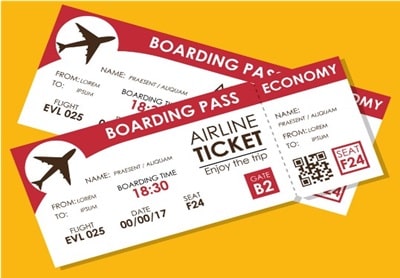


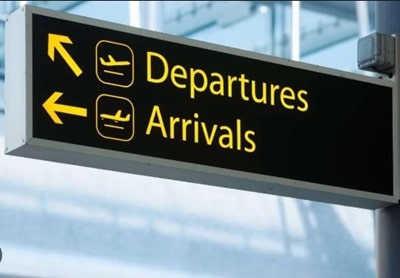
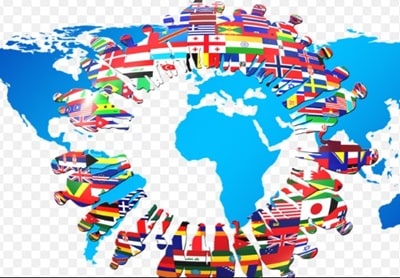

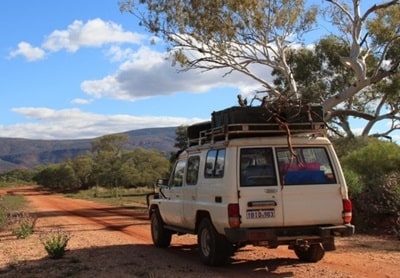
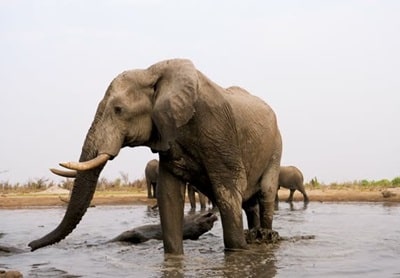




 t
t
 f
f
 I
I